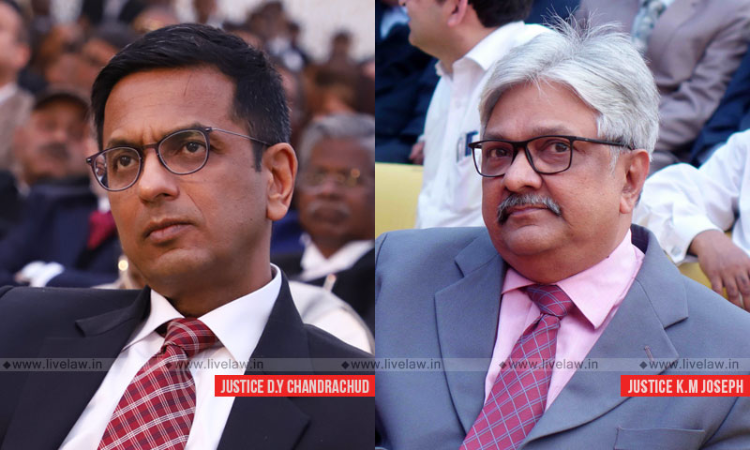SC To Consider On August 10 Plea Against Offence Of 'Scandalizing The Court' Under Contempt Of Courts Act
LIVELAW NEWS NETWORK
7 Aug 2020 10:29 AM IST

Next Story
7 Aug 2020 10:29 AM IST
A Supreme Court bench comprising Justices D Y Chandrachud and K M Joseph will consider for admission on August 10 the writ petition challenging the constitutionality of the offence of 'scandalizing the court' under Section 2(c)(i) of the Contempt of Courts Act, 1971.The petition filed by N Ram (former Editor and Managing Director of 'The Hindu), Advocate Prashant Bhushan and Arun Shourie...
